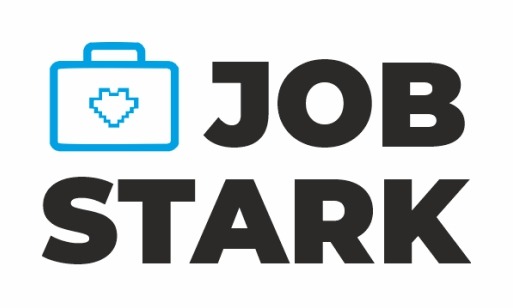Amidst the fast-paced and competitive job landscape of today, the significance of a well-defined career development plan cannot be emphasized enough. Whether you are just starting your career or seeking to advance in your current role, having a strategic plan in place can help you navigate the ever-evolving landscape of opportunities and challenges. In this blog, we’ll explore the key components of crafting an effective career development plan that aligns with your aspirations and maximizes your potential.
1. Self-Assessment: Know Thyself
Before embarking on any career development journey, it’s crucial to have a deep understanding of your strengths, weaknesses, skills, interests, and values. Reflect on your accomplishments, challenges, and experiences so far. What tasks energize you? What are your areas of expertise? Identifying your personal and professional attributes will serve as a solid foundation for setting goals that align with who you are and what you want to achieve.
2. Set Clear and Achievable Goals
Goals are the compass that guides your career development plan. Start by defining both short-term and long-term objectives. Short-term goals could involve acquiring new skills, taking on specific projects, or networking within your industry. Long-term goals might include obtaining a certain position, reaching a specific income level, or transitioning into a different field. Remember to make your goals SMART: Specific, Measurable, Achievable, Relevant, and Time-bound.
3. Skill Enhancement: Continuous Learning
In today’s rapidly changing job landscape, continuous learning is not just beneficial; it’s essential. Identify the skills and knowledge areas that will help you progress toward your goals. Consider formal education, online courses, workshops, and certifications. Develop a habit of reading industry-related books, articles, and attending webinars to stay updated with the latest trends and advancements in your field.
4. Networking: Building Meaningful Connections
Building a strong professional network can open doors to unexpected opportunities. Attend industry events, conferences, and workshops to connect with peers, mentors, and potential employers. Join relevant online forums and social media groups to engage in discussions and share insights. Remember, networking isn’t just about asking for help – it’s about building mutually beneficial relationships.
5. Seek Feedback and Mentorship
Constructive feedback is invaluable for personal and professional growth. Actively seek feedback from colleagues, supervisors, and mentors to identify areas for improvement and recognize your strengths. Speaking of mentors, having a mentor can provide you with guidance, advice, and a fresh perspective on your career path. Look for individuals who have achieved what you aspire to achieve and approach them respectfully for mentorship.
6. Adaptability and Resilience
The modern job market is characterized by volatility and unpredictability. Cultivating adaptability and resilience is essential to navigate through changes and setbacks. Embrace challenges as opportunities to learn and grow. As you encounter obstacles, adjust your career development plan accordingly while maintaining a positive attitude.
7. Work-Life Balance and Well-being
Amidst career ambitions, remember the importance of maintaining a healthy work-life balance. Burnout can hinder your progress and erode your enthusiasm. Prioritize self-care, hobbies, and spending time with loved ones. A healthy mind and body are crucial for sustained career growth.
8. Regular Review and Adjustments
A career development plan is not set in stone. Regularly review your goals, achievements, and progress. Adjust your plan as needed based on changing circumstances, evolving goals, and new opportunities that arise. Flexibility is key to ensuring your plan remains relevant and effective.
9. Measure Your Progress
To determine the effectiveness of your career development plan, establish key performance indicators (KPIs) that align with your goals. These could include metrics like the number of new skills acquired, projects successfully completed, promotions, salary increases, or the expansion of your professional network. Regularly assess your progress against these metrics to gauge your development.
10. Celebrate Milestones
Don’t forget to celebrate your achievements along the way. Every milestone, no matter how small, is a step closer to your ultimate career goals. Celebrating your accomplishments boosts your motivation, reinforces your commitment, and reminds you of the progress you’ve made.
Conclusion
Crafting an effective career development plan requires thoughtful consideration, self-awareness, and a commitment to continuous improvement. By setting clear goals, acquiring new skills, building a network, seeking feedback, and embracing adaptability, you can chart a course towards a successful and fulfilling career. Remember that a career development plan is a dynamic tool that evolves with you, helping you navigate the twists and turns of your professional journey. So, take charge of your career, invest in your growth, and embark on a path that leads to your desired destination.
